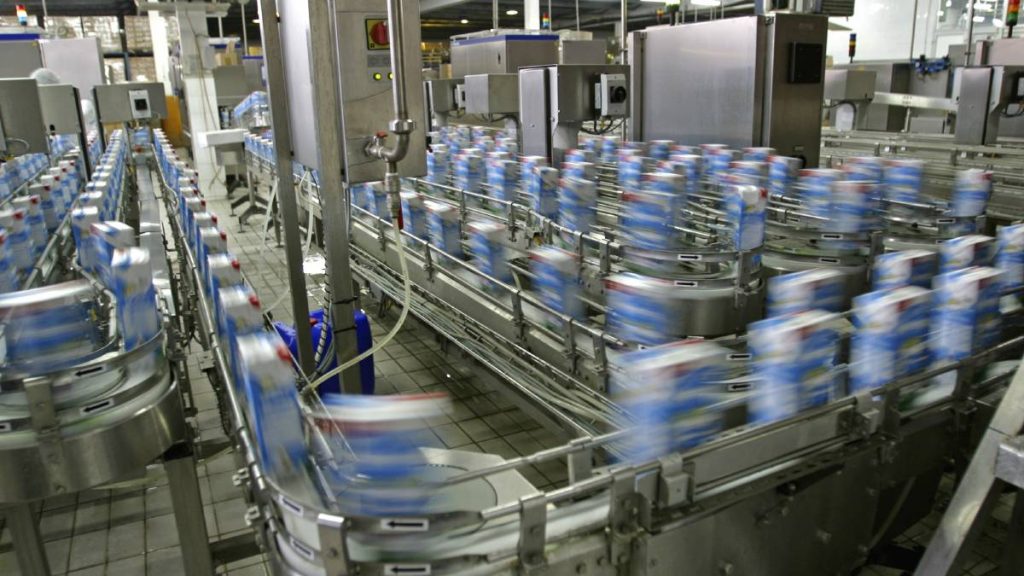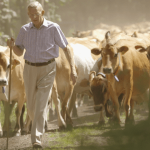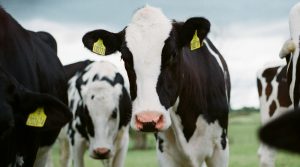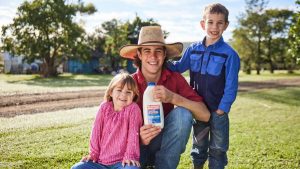
The Dairy Code of Conduct came into effect on January 1 this year and covers the agreements used by processors and the farmers who supply them.
It mandates that processors turning over more than $10 million must publish standard form agreements by June 1.
Australian Dairy Farmers (ADF) envisages its template will mostly be used by smaller processors who might not otherwise have had a formal agreement with the farmers who supply them.
“If you’re under $10 million turnover, you’re not subject to the code, only the good faith provision,” ADF policy and strategy director Craigh Hough said.
“It is good practice, nonetheless, to still have contracts templates like this because the ACCC report said there was a whole bunch of farmers that don’t have don’t have written agreements.
“If there’s any kind of issue or dispute, they don’t have anything to fall back on.
“If it’s not written down, it’s typically very difficult to prove or enforce, so we’re trying to get everyone to do this.”
Mr Hough said that farmers and processors with a agreement based on the ADF template could access a comprehensive dispute resolution mechanism that allowed both parties the option of arbitration.
The ACCC made several recommendations related to contracting practices, including that milk supply arrangements should be acknowledged in writing, processors should provide farmers with all contractual documents before the start of their agreement, and that those agreements should be simplified.
Dairy processor peak body Australian Dairy Products Federation (ADPF) released its own milk supply agreement template modelled on the ACCC’s Example Horticulture Produce Agreement on April 5.
Mr Hough said the ADF’s template was more wide-ranging than the ADPF alternative.
“ADPF have gone just with the obligations in the code,” he said.
“They’ve also done a lot of explanation around the requirements so it’s very similar to the code.
“They go into some of the details around record-keeping, for example, whereas we don’t.
“We’ve gone into what’s in the code, what’s required and then we’ve got some other things in here, too.”
The ADF template has sections that deal with confidentiality and guarantees that the processor will take responsibility for testing accuracy and the cleanliness of its equipment.
ADF will hold a series of nine webinars to talk directly to farmers, with services body Dairy Australia also developing useful resources.
People can register for the webinars, which will be held on May 20, May 22 and May 25 at www.australiandairyfarmers.com.au/code-of-conduct/webinars/























